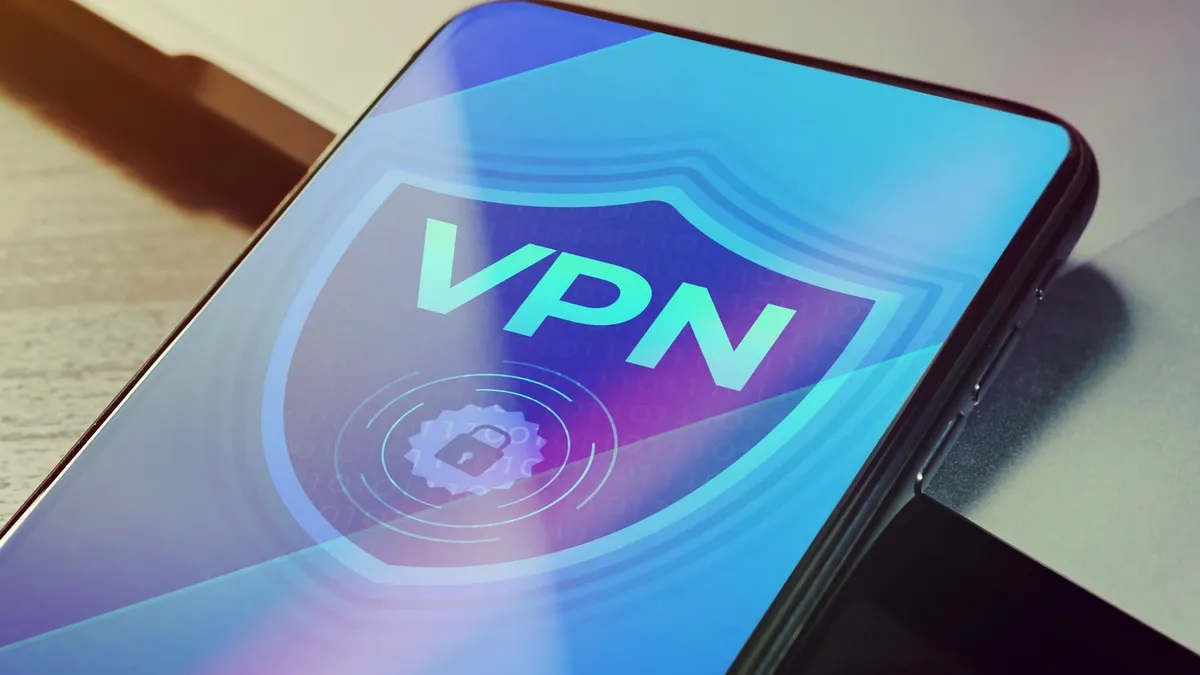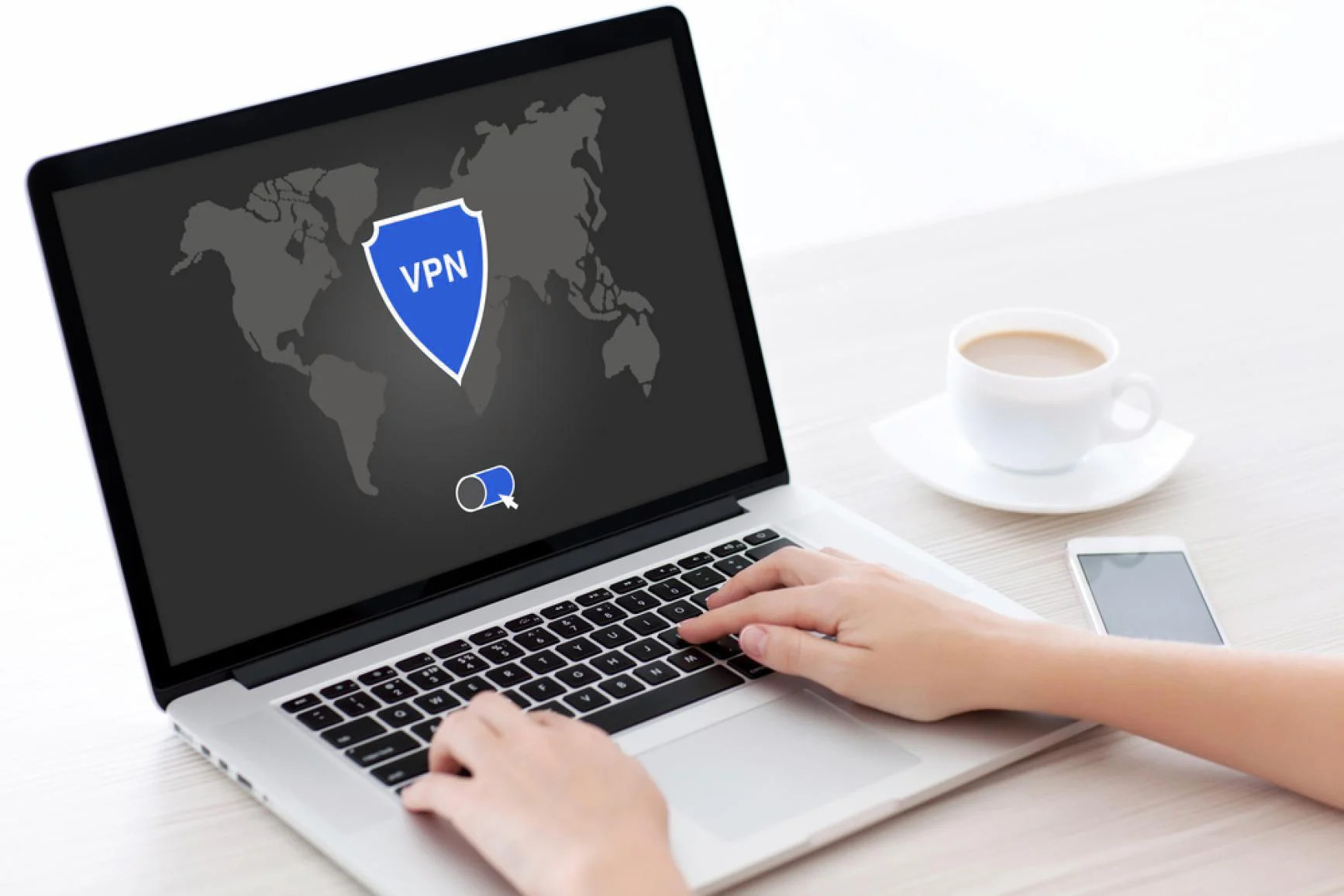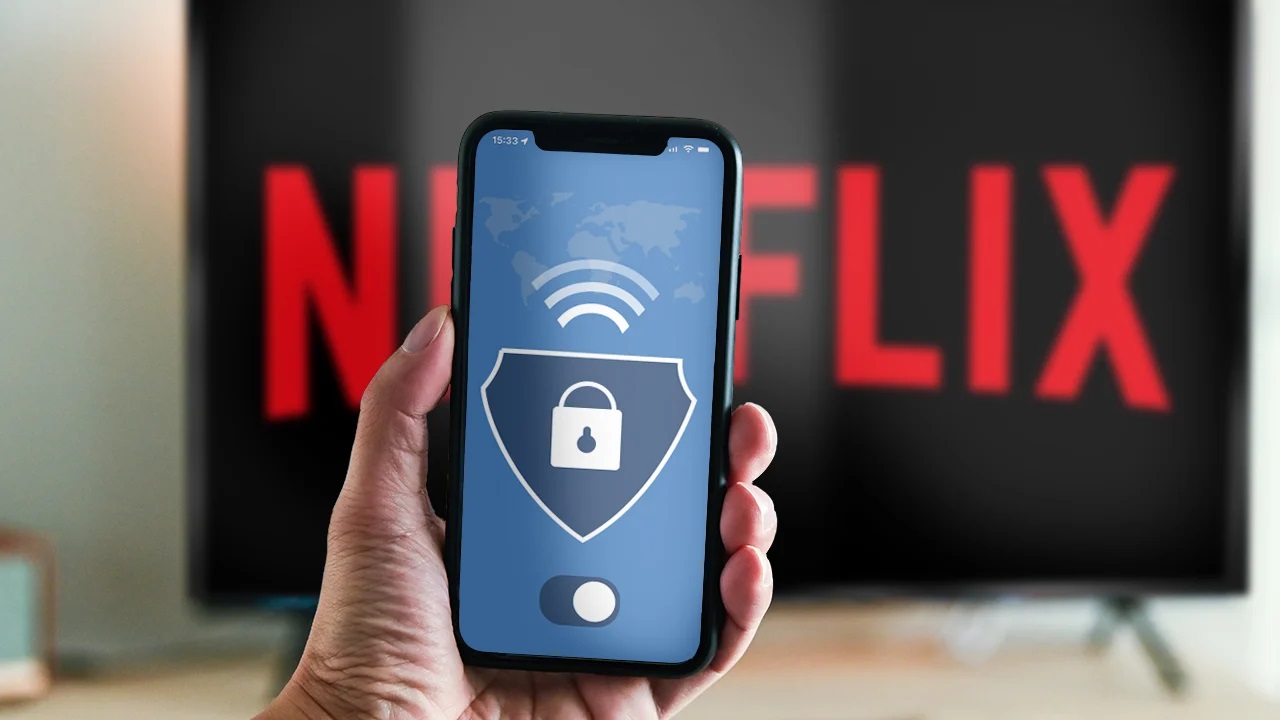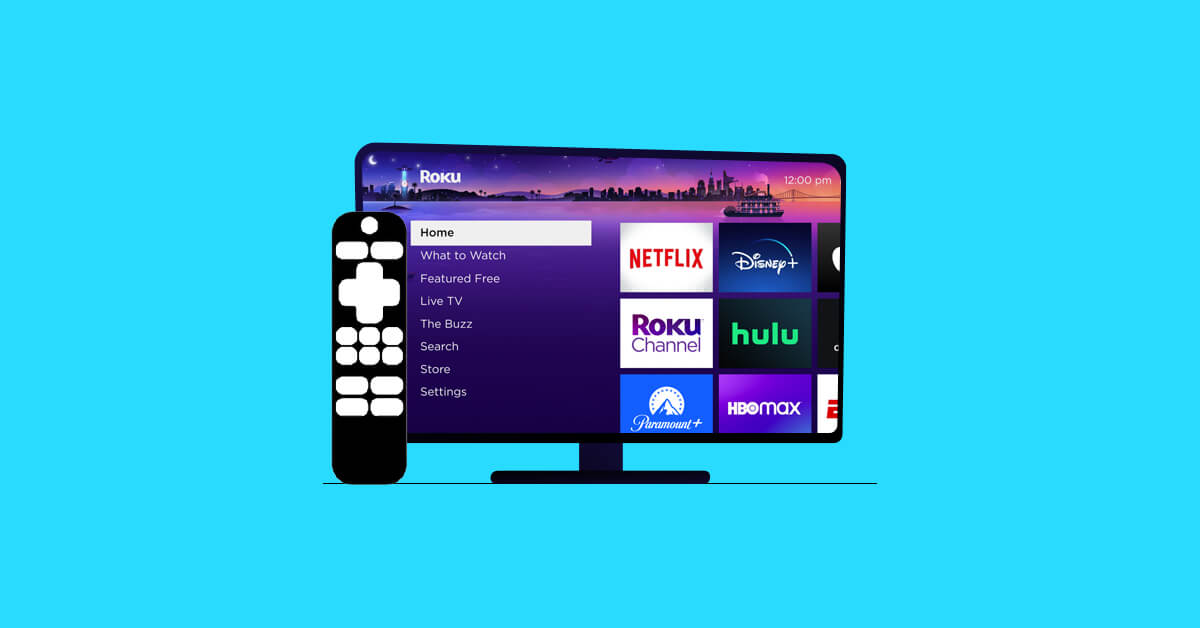Home>Software and Apps>The Cost of VPN: Is it Worth Paying For?


Software and Apps
The Cost of VPN: Is it Worth Paying For?
Modified: September 5, 2024
Discover the true value of VPN services. Learn if the cost is worth it and find the best software and apps for your needs.
(Many of the links in this article redirect to a specific reviewed product. Your purchase of these products through affiliate links helps to generate commission for Techsplurge.com, at no extra cost. Learn more)
Table of Contents
The Cost of VPNs
Virtual private networks (VPNs) have become increasingly popular for enhancing online security and privacy. However, is it worth paying for one? Let's explore the cost, benefits, and factors influencing their value.
Average Costs
VPN prices vary widely based on several factors:
- Number of Devices: Some VPNs allow multiple device connections, while others limit you to one or two.
- Server Fleet: The diversity and size of the server fleet can impact performance and access to geo-restricted content.
- Performance Quality: High-quality performance often comes at a higher price.
- Streaming and Torrenting: VPNs optimized for these activities may cost more.
- Customer Support: Availability and quality of support can influence the price.
On average, VPNs cost around $10 per month. However, opting for longer-term contracts can significantly reduce the monthly cost. Annual contracts can be as low as $8.41 per month, while two-year contracts can bring the cost down to approximately $3.40 per month.
What You Get for Your Money
When evaluating the cost of a VPN, consider the following key factors:
Number of Devices
The number of devices you can connect to the VPN is crucial. Some services allow multiple simultaneous connections, while others may limit you to just one or two.
Server Switches
Switching between servers helps maintain anonymity and access geo-restricted content. Some VPNs offer unlimited server switches, while others may limit this feature.
Data Limit
Heavy internet users should consider data limits. Many reputable VPNs offer unlimited data usage, which is essential for uninterrupted browsing.
Server Capabilities
Server capabilities vary. Some VPNs are optimized for streaming services like Netflix, while others may be better suited for torrenting.
Is a VPN Worth the Money?
Determining whether a VPN is worth the investment depends on your specific needs and the benefits it provides.
Privacy and Security
The primary purpose of a VPN is to enhance online privacy and security. By encrypting internet traffic and masking IP addresses, VPNs protect users from various cyber threats, including hacking, surveillance, and data breaches.
Protection from Free VPNs
Free VPNs often come with significant risks, such as malware installation and data selling. Paid VPNs typically offer robust security features without compromising user data.
Streaming and Torrenting
For activities like streaming or torrenting, a VPN can help bypass geo-restrictions and maintain anonymity. This is particularly useful for accessing content unavailable in your region.
Customer Support
Reputable VPNs often provide excellent customer support, which can be invaluable if you encounter any issues with the service.
Factors to Consider When Choosing a VPN
Beyond cost, several factors should be considered when selecting a VPN:
Read more: How To Use VPN With Utorrent
Encryption Methods
Look for VPNs using advanced encryption methods like AES-256. This ensures data remains highly secure and protected from interception.
DNS and WebRTC Leaks
Ensure the VPN does not leak DNS or WebRTC information. This helps maintain anonymity and prevents ISPs from tracking online activities.
Privacy Policy
Check the VPN's privacy policy to ensure it does not log web activity or IP addresses. A good VPN should only log basic information necessary for subscription purposes.
Jurisdiction
Opt for a VPN headquartered in a country not part of international surveillance alliances like Five Eyes, Nine Eyes, and 14 Eyes. This ensures data is not subject to government surveillance.
Read more: Unlocking Android TV’s Potential with VPN
Cheapest Good VPN Options
Budget-conscious users can find several affordable VPN options:
- Private Internet Access: Offers a three-year plan that brings the monthly cost down to around $2 per month.
- Bitdefender: Provides a monthly plan for $7, making it a more affordable option compared to some other premium VPNs.
Is It Time to Stop Paying for a VPN?
Some argue that improved web security makes VPNs less necessary. However, this perspective overlooks the importance of robust security measures, especially in public Wi-Fi environments. Additionally, many popular VPN services have been acquired by larger companies with questionable track records, raising concerns about data privacy.
In summary, the cost of a VPN is relatively affordable, especially considering the benefits provided. While some may argue that VPNs are no longer necessary due to improved web security, the risks associated with public Wi-Fi and the importance of robust security measures make them a worthwhile investment for many users. By evaluating the features and costs of different VPNs, you can make an informed decision about whether a VPN is worth paying for based on your specific needs and priorities.












